By Daily Sports Nigeria on October 1, 2025
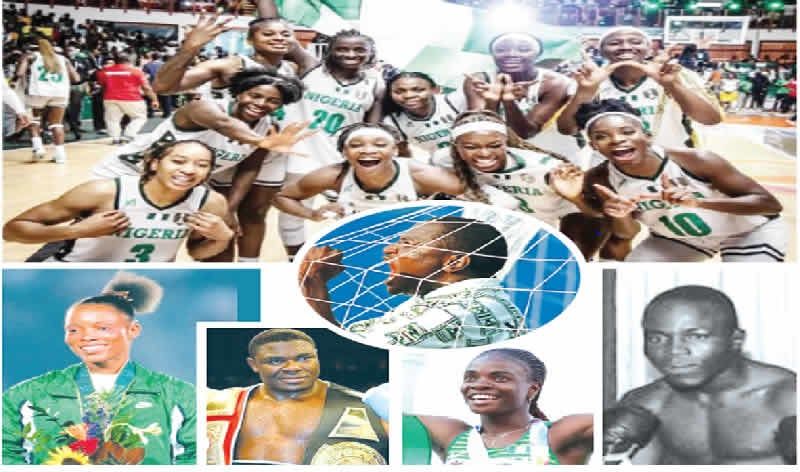
At 65 years of independence, Nigeria’s sporting story is one of triumph, resilience, and unforgettable moments. PETER AKINBO retraces the golden milestones — from boxer Nojeem Maiyegun’s feat at its first Olympics appearance in 1964 through the years till date
Since hoisting its green-white-green flag for the first time in 1960, Nigeria has carried that symbol of freedom onto some of the greatest sporting stages in the world. Across six and a half decades, her athletes and teams have risen beyond borders, conquering tracks, rings, fields, and courts to announce the nation’s presence globally.
Nigeria’s Olympic story as an independent nation began at Tokyo 1964. Though medals proved elusive, it marked the country’s entrance into the elite company of nations competing at the Games. Twenty years later, at Los Angeles 1984, Nigeria truly broke through. In boxing, the ever-tenacious Nojeem Maiyegun claimed a bronze medal, while Innocent Egbunike and the 4x400m relay team earned silver, heralding a new era of Olympic recognition.
Twenty years after independence, the Green Eagles were on the cusp of greatness. Nigeria hosted the Africa Cup of Nations for the first time, and the atmosphere in Lagos was electric. Led by Segun Odegbami—nicknamed “the Mathematical”—Nigeria dazzled with artistry and flair. Odegbami’s goals were a symphony of balance and brilliance, while the roar from Surulere at the final whistle shook Lagos to its core. This was more than just a trophy—it was a declaration. Nigeria had become a force in African football, and they had done it before their own people. Fourteen years later, Nigeria’s rebranded Super Eagles soared higher. Dutch coach Clemens Westerhof had moulded a golden generation brimming with confidence and swagger. Rashidi Yekini powered the attack, Jay-Jay Okocha mesmerised in midfield, and Daniel Amokachi’s explosive runs unsettled defences. Nigeria swept to their second AFCON title, but the victory symbolised more than continental dominance—it was proof they were ready to step onto the world stage. Months later, they would prove it at the World Cup in the United States.
If 1994 was the age of flamboyance, 2013 was the year of belief. Stephen Keshi, once captain of the Super Eagles, returned as coach to lead a young, unfancied squad. Critics doubted their inexperience, but Keshi moulded them into warriors. With tactical brilliance and a calm authority, he guided Nigeria to their third AFCON crown. By lifting the trophy, he etched his name in history as the first Nigerian to win the title both as captain and coach.
Golden moments of the 1990s
The 1990s remain Nigeria’s golden decade on the global stage. At Tunisia 1994, the Super Eagles lifted their second Africa Cup of Nations title, but their real statement came months later at the FIFA World Cup in the United States. Playing with flair and audacity, Nigeria stunned Bulgaria 3–0 on their debut, climbed as high as fifth in the FIFA rankings—the best ever by an African team — and reached the Round of 16. Rashidi Yekini’s iconic celebration in Dallas became the face of African football.
Two years later, Atlanta 1996 Olympics cemented Nigeria’s reputation as a global force. In athletics, Chioma Ajunwa soared 7.12m to claim Nigeria’s first Olympic gold medal in track and field, her tears a symbol of perseverance. Days later, the ‘Dream Team’ stunned the world by defeating Brazil 4–3 in an unforgettable semi-final comeback and edging Argentina 3–2 in the final to clinch Africa’s first Olympic football gold. In one summer, Nigeria earned global sporting immortality.
Boxing and Other Sports
Nigeria’s impact extended beyond football and athletics; boxing legends Hogan ‘Kid’ Bassey and Dick Tiger had earlier announced the country on the professional stage, while Olympic medals in the ring became a steady tradition from the 1960s after Nojeem Maiyegun’s bronze success at Tokyo 1964, through the 1990s. next Nigerian pugilist to climb the Olympic podium was Isaac Ikhuoria, the light-heavyweight boxer who won a bronze medal at the 1972 Games.
Peter Konyegwachie shone at the Los Angeles event in 1984, winning silver in the featherweight category, having claimed a gold medal at the 1982 Commonwealth Games in Brisbane. Heavyweight David Izonritei also snatched silver at the 1992 Games in Barcelona, superheavyweight Richard Igbineghu also came just short of a gold medal, settling for silver at the same Games. Duncan Dokiwari also won the men’s super-heavyweight bronze medal at the 1996 Olympics.
In the 2000s, Samuel Peter became the next kid on the boxing bloc. The ‘Nigerian Nightmare’ won the World Boxing Council heavyweight title after defeating Oleg Maskaev via a sixth-round technical knockout on March 8, 2008, making him the first Nigerian to hold a major world heavyweight title.
In basketball, D’Tigers stunned the world in 2012 by beating Team USA in a friendly and went on to win the 2015 Afrobasket, securing a place at the Olympics and World Cup. D’Tigress have also reigned supreme in Africa, winning the last five AfroBasket championships for a total of seven titles.
In weightlifting and wrestling, Nigerian athletes have consistently won medals at Commonwealth, World, and Olympic levels, with Ruth Ogbeifo winning bronze medals in snatch, clean and jerk, and overall in the 75kg at the 1999 World Championships, before winning silver in same weight class at the 2000 Olympics while Odunayo Adekuoroye and Blessing Oborodudu are modern-day flag bearers for wrestlers with the latter, a multiple African champion, winning silver in the women’s freestyle 68kg at the Tokyo Olympics.
U-17 World Cup supremacy
While the Super Eagles have dazzled with flair, the Golden Eaglets have dominated with consistency. At the FIFA U-17 World Cup, Nigeria are undisputed kings, lifting the trophy five times—in 1985, 1993, 2007, 2013, and 2015.
China 1985 set the tone, Japan 1993 showcased Nwankwo Kanu’s genius, and later generations produced stars like Macauley Chrisantus, Samuel Chukwueze, and Victor Osimhen. Brazil, Spain, or Germany couldn’t match Nigeria’s record. For the world, the U-17 crown may be a stepping stone. For Nigeria, it is a throne.
Africa Games
Nigeria has consistently performed well at the African Games, most recently finishing second with 120 medals (47 gold, 33 silver, 40 bronze) at the 2023 Games in Ghana. The country has participated in every edition of the games and is historically one of the most successful nations, having won over 1,300 medals in total.
When Abuja hosted the eighth edition of the Games, the pressure was immense but Team Nigeria responded by ruling the continent. Amassing 240 medals — including 85 gold — the athletes proved not only their prowess but also the country’s ability to host and dominate on home soil.
BEIJING 2008: A NEW GENERATION
At the 2008 Olympics, Nigeria showed depth across multiple sports. The men’s football team, led by Mikel Obi, claimed silver after falling to Argentina in the final. Blessing Okagbare announced herself with a long jump silver, while relay teams and weightlifters added to the haul. Though gold proved elusive, Beijing was a statement that Nigeria’s talent extended beyond football.
AMUSAN’S WORLD RECORD (2022)
On July 24, 2022, in Eugene, Oregon, Tobi Amusan exploded out of the blocks in the 100m hurdles semifinal. When she crossed the line, the clock read 12.12 seconds—a new world record. Hours later, she won the final, securing Nigeria’s first-ever World Championship gold.
Her tears on the podium mirrored Ajunwa’s in Atlanta—a bridge across generations. Ese Brume’s silver added shine to the night, confirming Nigeria’s place on the global athletics map.
SUPER FALCONS: QUEENS OF AFRICA
If football is Nigeria’s heartbeat, then the Super Falcons are its crown. With 10 Women’s Africa Cup of Nations titles—including their 2025 triumph in Morocco—they remain unmatched.
For decades, while many nations neglected women’s football, Nigeria invested and believed. Mercy Akide, Perpetua Nkwocha, and Asisat Oshoala carried the torch, ensuring Nigeria not only dominated Africa but also inspired the world.
Africa’s best footballers
Few honours feel as Nigerian as the CAF African Player of The Year award.
Among the men, Rashidi Yekini claimed it in 1993, Emmanuel Amuneke in 1994, and Victor Ikpeba in 1997. But it was Kanu Nwankwo—Papilo—who stamped his name twice, in 1996 and 1999.
After a long wait, Victor Osimhen’s blistering 2023 season with Napoli ended a 24-year drought. The following year, Ademola Lookman made it back-to-back Nigerian winners.
Among the women, domination has been absolute. Mercy Akide claimed it in 1999 and 2001, Cynthia Uwak in 2006 and 2007, and Perpetua Nkwocha an incredible four times. But it is Asisat Oshoala who towers above all: six-time winner, record holder, and standard-bearer of African women’s football.
The legacy
From Ajunwa’s golden leap to Amusan’s lightning sprint, from the Falcons’ continental reign to the Eaglets’ youth dominance, Nigeria’s athletes have turned struggle into triumph. Their victories are more than medals; they are proof of resilience, unity, and endless possibility.
The venues may change, but the constant endures: the green-white-green flying high, a promise that the next great Nigerian sporting moment is always around the corner.
Source Punch Ng
Posted October 1, 2025
You may also like...

Ajax Hammer VVV-Venlo 13-0 in Eredivisie Record Win...
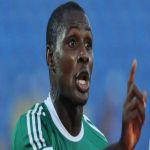
Boost For Nigeria as Ighalo Storms Super Eagles...

Barca draw to stretch winless run in La...

Messi to continue Argentina career after World Cup...
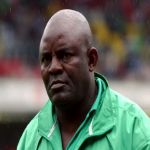
Chukwu Commends Efforts by Dare, Amaju on Super...
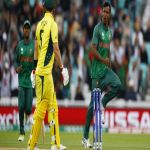
Champions Trophy: Australia frustrated as rain ends Bangladesh...

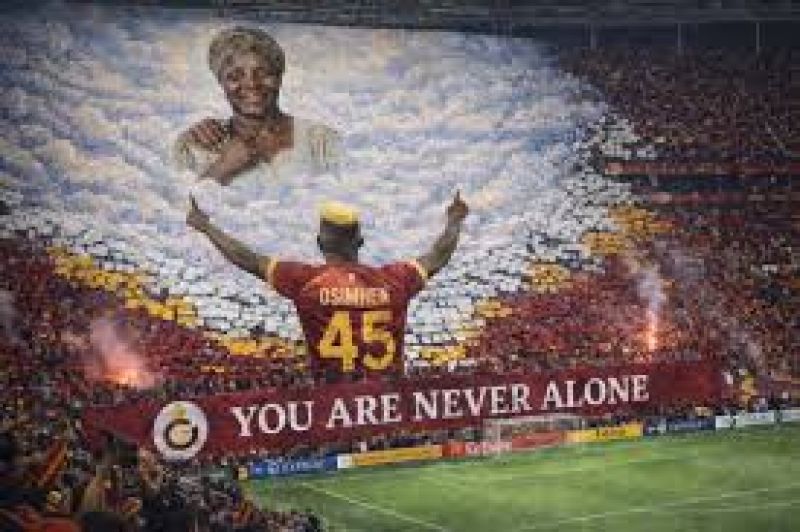 Gala fans to honour Osimhen’s late mother
Gala fans to honour Osimhen’s late mother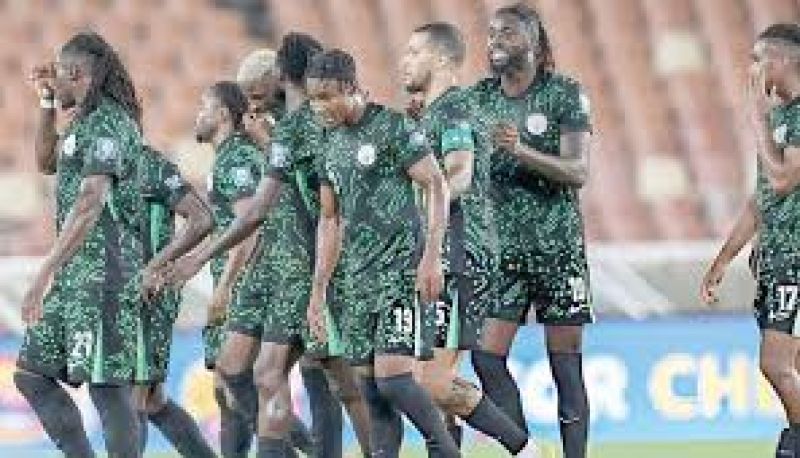 Eagles to play Iran, Jordan in four-nation tourney
Eagles to play Iran, Jordan in four-nation tourney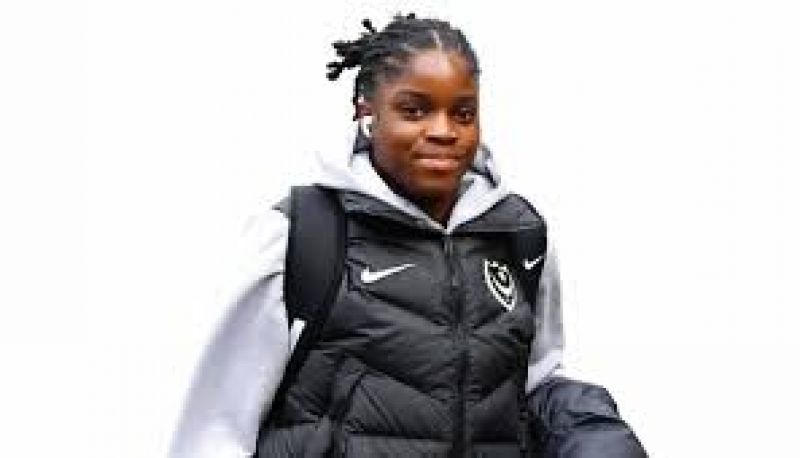 First Falcons call-up thrills Erhabor
First Falcons call-up thrills Erhabor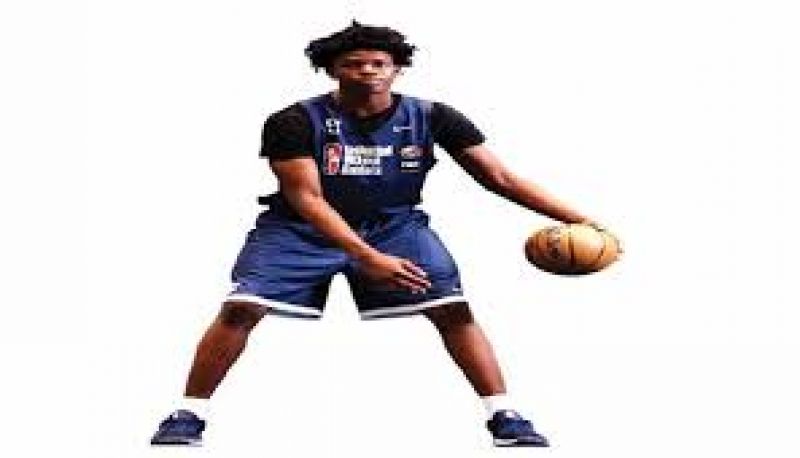 Ekezie junior claims Defensive MVP award at All-Star camp
Ekezie junior claims Defensive MVP award at All-Star camp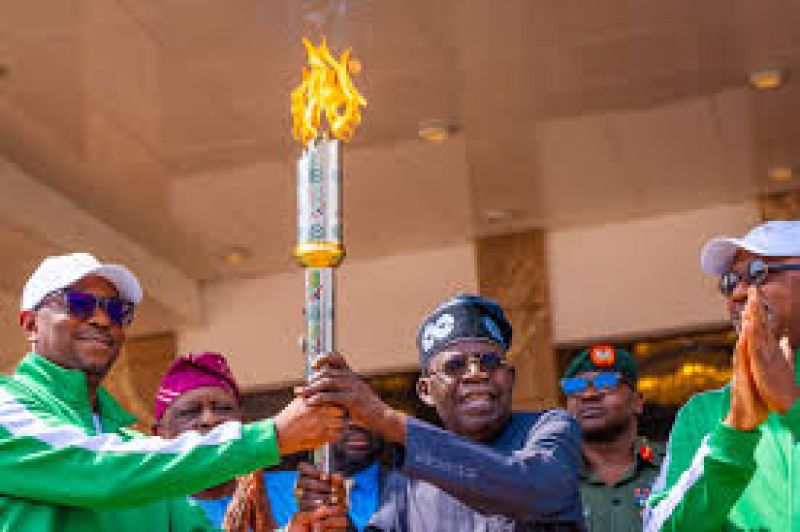 Niger-Delta Games: Sports, instrument of unity, empowerment — Tinubu
Niger-Delta Games: Sports, instrument of unity, empowerment — Tinubu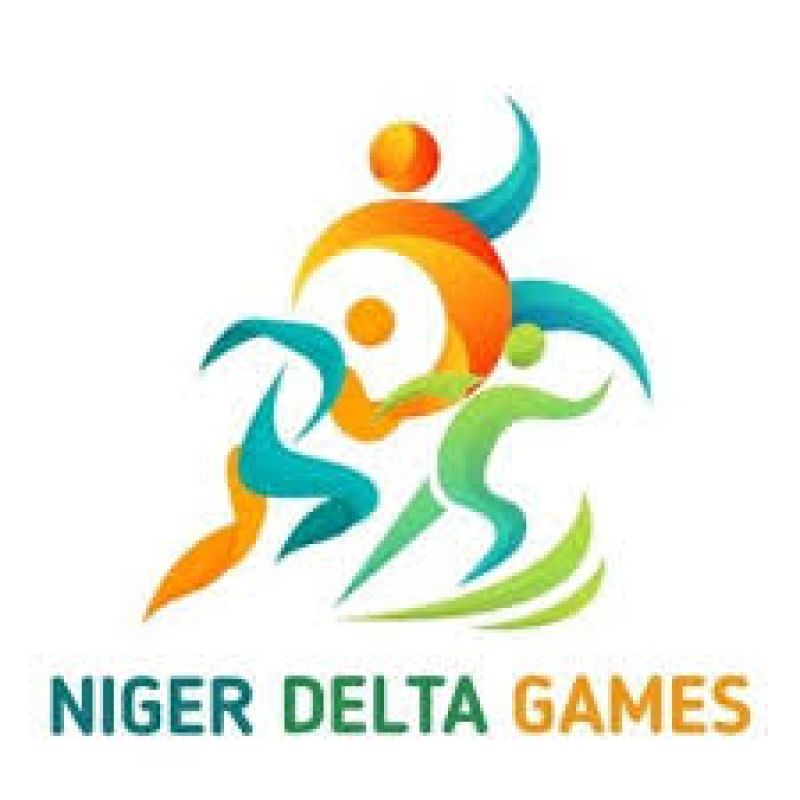 Draws hold as Niger Delta Games begin Friday
Draws hold as Niger Delta Games begin Friday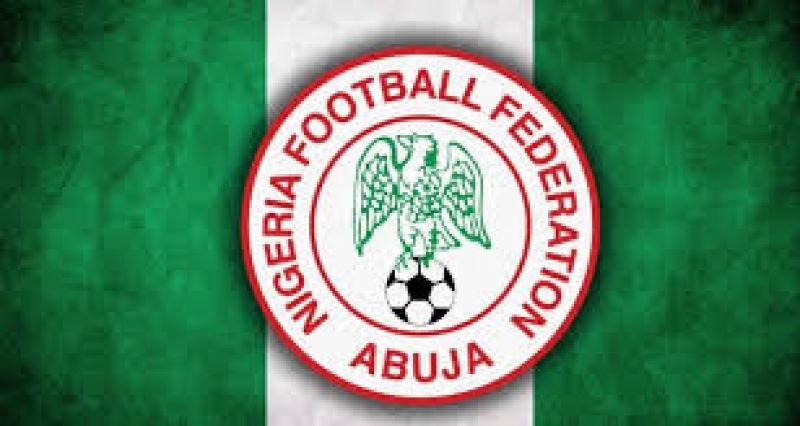 NFF to review Chelle’s $130k request, other demands
NFF to review Chelle’s $130k request, other demands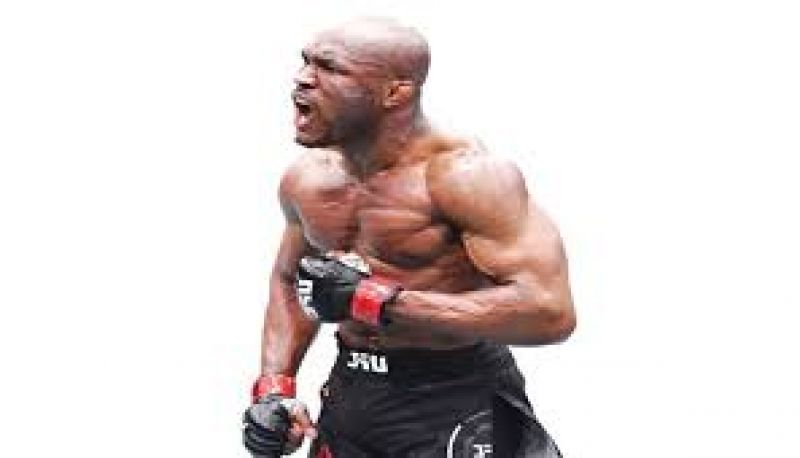 Usman to retire after becoming two-division champ
Usman to retire after becoming two-division champ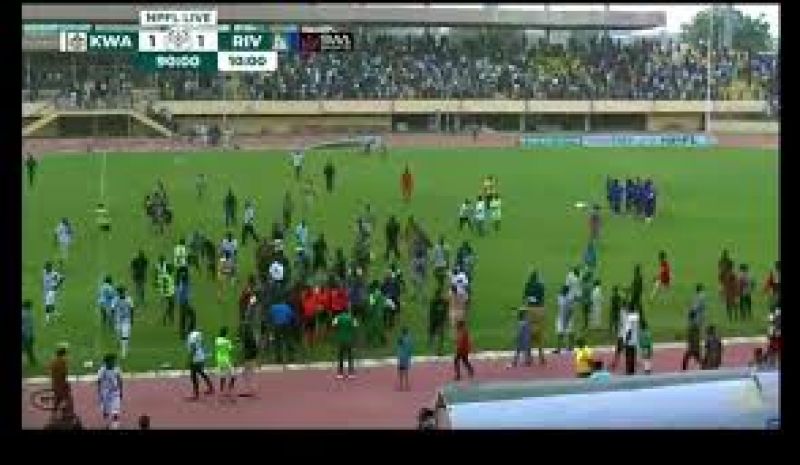 NPFL: Kwara United slams post-match violence after Rivers United clash
NPFL: Kwara United slams post-match violence after Rivers United clash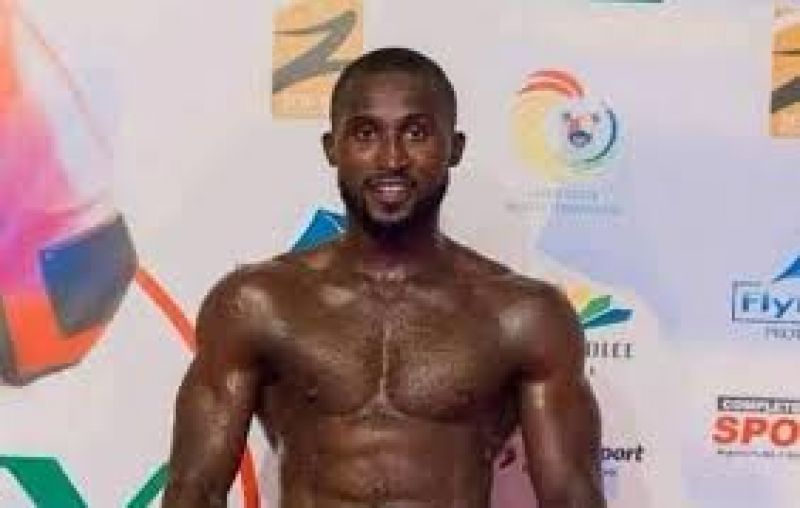 Widow, late Nigerian boxer’s family clash over estate
Widow, late Nigerian boxer’s family clash over estate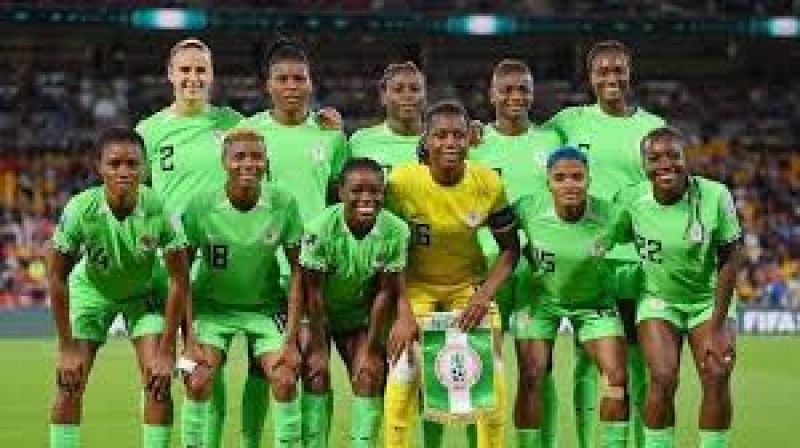 Falcons recall Okobi-Okeoghene, Monday for Cameroon friendlies
Falcons recall Okobi-Okeoghene, Monday for Cameroon friendlies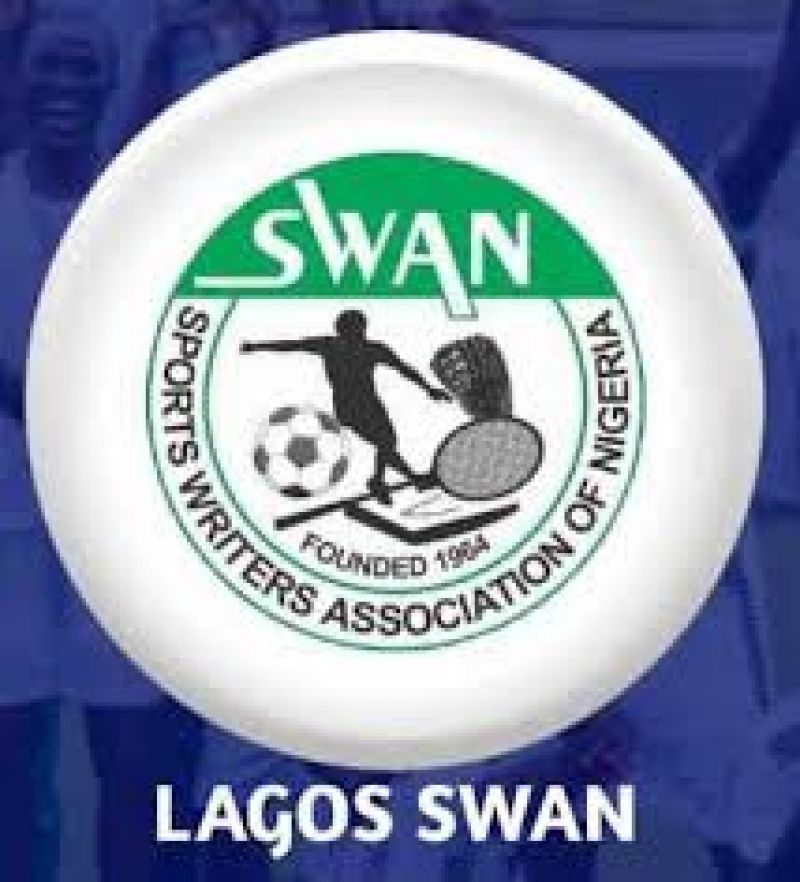 Lagos SWAN Chairman, Amb. Olatutu Oladunni, and EXCO Members Extend Ramadan and Lenten Greetings to Muslim and Christian Faithful Across Lagos
Lagos SWAN Chairman, Amb. Olatutu Oladunni, and EXCO Members Extend Ramadan and Lenten Greetings to Muslim and Christian Faithful Across Lagos Rangers International going, going . . . (63,573 views)
Rangers International going, going . . . (63,573 views) Amaju Pinnick: A cat with nine lives (54,880 views)
Amaju Pinnick: A cat with nine lives (54,880 views) Second Term: Amaju Pinnick, Other NFF Heavyweights Home to Roost •How Pinnick Broke the Jinx (52,788 views)
Second Term: Amaju Pinnick, Other NFF Heavyweights Home to Roost •How Pinnick Broke the Jinx (52,788 views) Current issues in Nigerian sports: Matters arising (52,425 views)
Current issues in Nigerian sports: Matters arising (52,425 views) Sports Development: Zenith Bank on the zenith (52,338 views)
Sports Development: Zenith Bank on the zenith (52,338 views) Missing $150,000 IAAF Grant: Solomon Dalung’s Hide and Seek game (52,259 views)
Missing $150,000 IAAF Grant: Solomon Dalung’s Hide and Seek game (52,259 views) Gov. Abdullahi Ganduje’s solid footprints, commitment to sports development in Kano State (52,128 views)
Gov. Abdullahi Ganduje’s solid footprints, commitment to sports development in Kano State (52,128 views) NFF Presidency: Pinnick, Maigari, Ogunjobi, Okoye in Battle for Supremacy (51,674 views)
NFF Presidency: Pinnick, Maigari, Ogunjobi, Okoye in Battle for Supremacy (51,674 views) Olopade, BET9A wave of revolution in NNL (50,846 views)
Olopade, BET9A wave of revolution in NNL (50,846 views) Commonwealth Games 2018: Shame of Muhammadu Buhari, Solomon Dalung (49,376 views)
Commonwealth Games 2018: Shame of Muhammadu Buhari, Solomon Dalung (49,376 views) Ibrahimovic’s Man U exit: Whose decision is it? And in whose interest? (47,763 views)
Ibrahimovic’s Man U exit: Whose decision is it? And in whose interest? (47,763 views) John Mikel Obi: Segun Odegbami’s Outrageous Call! (47,233 views)
John Mikel Obi: Segun Odegbami’s Outrageous Call! (47,233 views)